
Schizoaffective disorder is one of the most demanding and peculiar mental conditions, when it comes to establishing a proper diagnosis. Namely, this condition may seem to be some other type of a mental disorder such as schizophrenia, bipolar disorder or a major depressive episode with psychotic elements.
Definition of Schizoaffective Disorder
Once a doctor is supposed to diagnose this disorder, he/she needs to pay close attention to the presence or absence of certain symptoms. Basically, a combination of schizophrenia and a mood disorder need to be present in a single person in order for him/her to be diagnosed with schizoaffective disorder. Moreover, the condition needs to last for a longer period of time.
Nevertheless, some occurrences of this disorder do not necessarily have to contain a mood disorder. Rather, psychotic behavior can be enough for a precise diagnosis. Thus, due to the complexity of this disorder, the patient needs to be observed for a longer period of time, before his/her condition can be confirmed and a treatment start. However, due to the length of the process of diagnosing the condition, schizoaffective disorder often gets misdiagnosed as something else.
Manifestations of Schizoaffective Disorder
A person suffering from this disorder may experience numerous psychotic symptoms during the mood changes or during the time before the mood changes occur. Namely, delusions, hallucinations, abnormal body movements or stillness are all possible signs which might affect a schizoaffective individual.
Additionally, speech of the patient may be affected and might become peculiar or scarce. Also, lack of self-initiative, strange or inappropriate behavior, numbness regarding emotions and absentmindedness may also occur.
As for the mood disturbance, it is quite prominent and allows the psychotic features to be clearly visible as well. Two major mood episodes are prevalent and can act separately or be mixed. The first one is manic behavior while the second one is depression.
Finally, the effectiveness of treatment depends greatly upon the underlying causes of the schizoaffective disorder. If a person's condition has been triggered by a traumatic event in the past, he/she will have greater chances of overcoming this disorder. However, if a person suffered from yet another behavioral or mental disorder before the occurrence of the schizoaffective disorder, the treatment will be significantly harder. Patients who are also bipolar respond to the treatment better than patients who suffer from the depressive form of this condition. Therefore, once the diagnosis is complete, proper treatments are recommended.


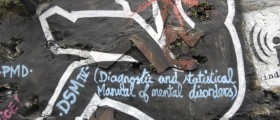




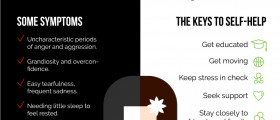
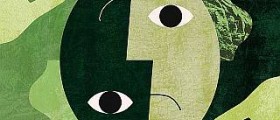

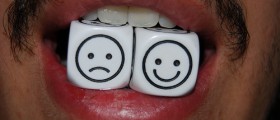


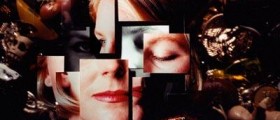
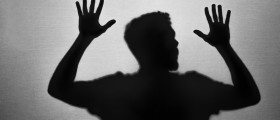


Your thoughts on this
Loading...